UN: global emissions must halve to avoid catastrophe
‘Bleak’ global emissions gap report slams collective failure on climate
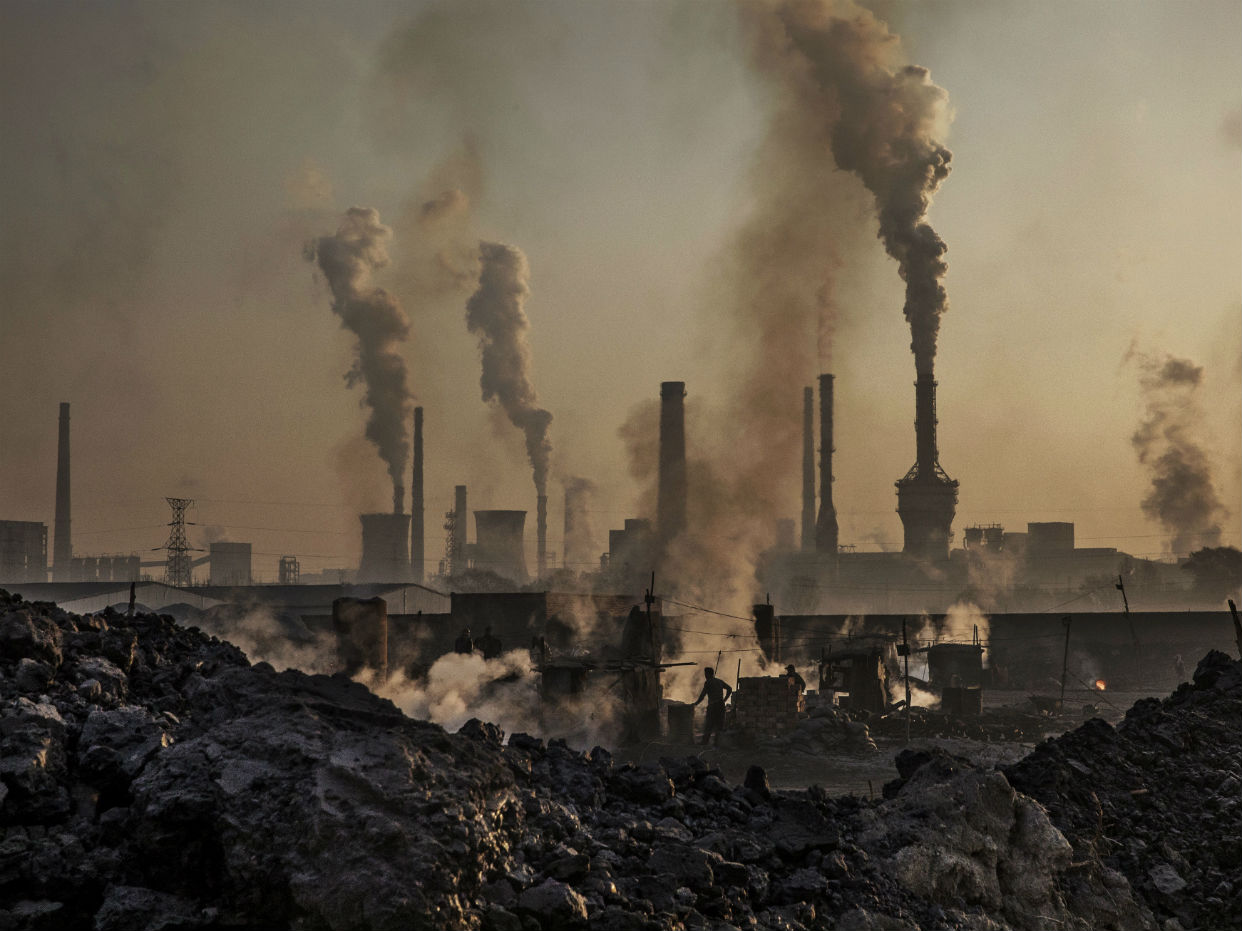
A free daily email with the biggest news stories of the day – and the best features from TheWeek.com
You are now subscribed
Your newsletter sign-up was successful
The United Nations says that massive and immediate cuts in carbon output are necessary if world temperature rises are to be limited to 2C.
In an assessment of the global emissions gap, the UN’s annual report, which explores the disparity between action and intention on climate change, concludes that on current trends, temperatures will rise 3.4C to 3.9C by the end of the century.
“The summary findings are bleak,” the report said. “Countries collectively failed to stop the growth in global greenhouse gas emissions, meaning that deeper and faster cuts are now required.”
The Week
Escape your echo chamber. Get the facts behind the news, plus analysis from multiple perspectives.

Sign up for The Week's Free Newsletters
From our morning news briefing to a weekly Good News Newsletter, get the best of The Week delivered directly to your inbox.
From our morning news briefing to a weekly Good News Newsletter, get the best of The Week delivered directly to your inbox.
It added that “major societal and economic transformations need to take place in the next decade to make up for the inaction of the past”.
It calculates that emissions must fall by half by 2030 to give a good chance of limiting global heating to 1.5C, beyond which, says The Guardian, “hundreds of millions of people will suffer more heatwaves, droughts, floods and poverty”.
Commenting on the findings, Inger Andersen, executive director of the UN Environment Program, said: “Our collective failure to act early and hard on climate change means we now must deliver deep cuts to emissions. We need to catch up on the years in which we procrastinated.”
The Times’ science editor Tom Whipple wrote that there are “only a few options left”. The first is “denial of the science,” the second, is “to claim that warming is not so bad”.
A free daily email with the biggest news stories of the day – and the best features from TheWeek.com
“For the rest of us,” continues Whipple, “the only reasonable reaction… is depression”.
Last month, a report found that just a handful of companies are responsible for more than one-third of global carbon emissions.
It stated that a 20-strong “cohort of state-owned and multinational firms” and their “relentless exploitation of the world’s oil, gas and coal reserves” can be “directly linked to more than one-third of all greenhouse gas emissions in the modern era”.
–––––––––––––––––––––––––––––––For more Talking Points about the stories that really matter - try The Week magazine. Start your trial subscription today –––––––––––––––––––––––––––––––
-
 What are the best investments for beginners?
What are the best investments for beginners?The Explainer Stocks and ETFs and bonds, oh my
-
 What to know before filing your own taxes for the first time
What to know before filing your own taxes for the first timethe explainer Tackle this financial milestone with confidence
-
 The biggest box office flops of the 21st century
The biggest box office flops of the 21st centuryin depth Unnecessary remakes and turgid, expensive CGI-fests highlight this list of these most notorious box-office losers
-
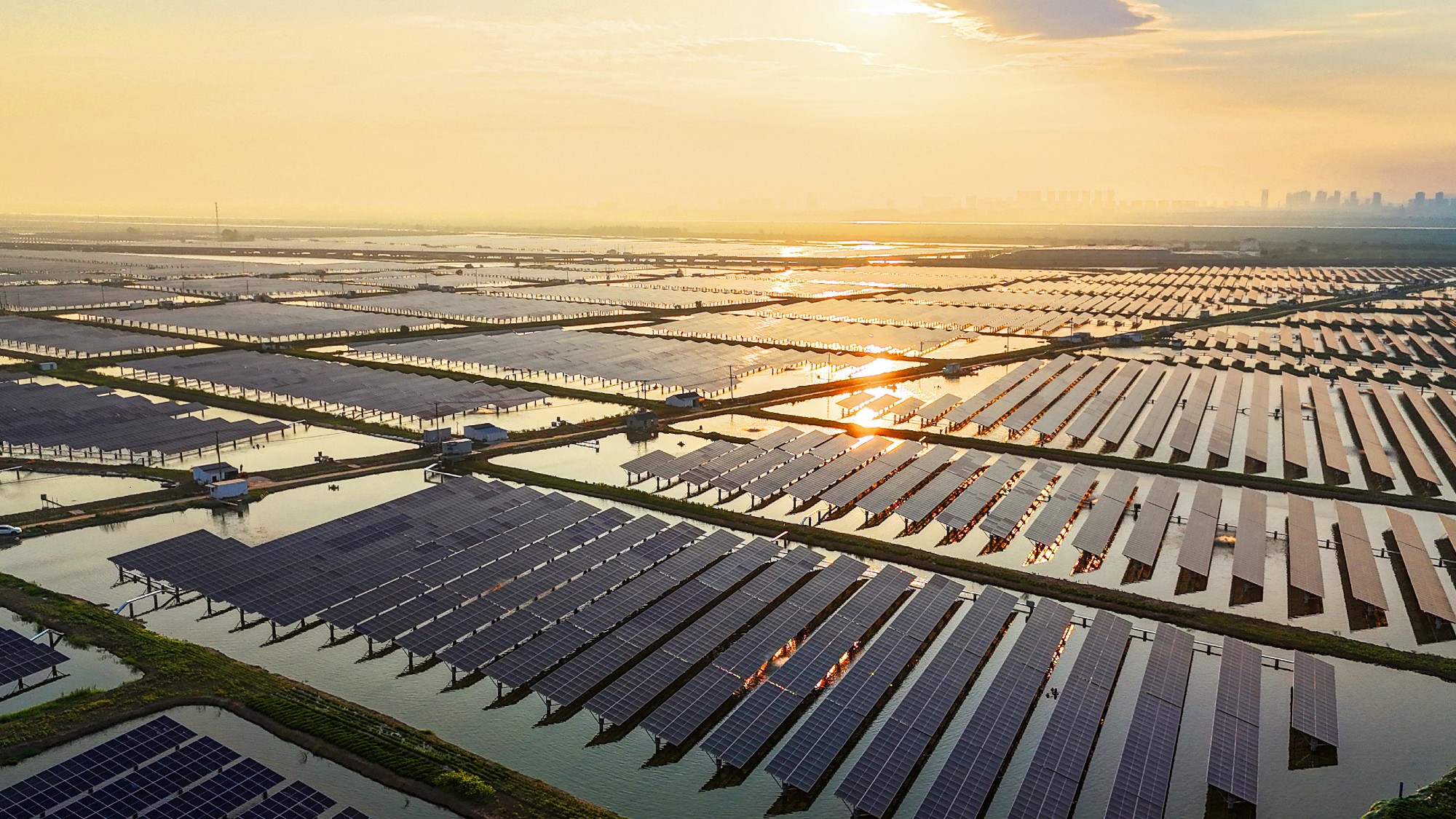 The future of the Paris Agreement
The future of the Paris AgreementThe Explainer UN secretary general warns it is ‘inevitable’ the world will overshoot 1.5C target, but there is still time to change course
-
 Why is the world so divided over plastics?
Why is the world so divided over plastics?Today's Big Question UN negotiations on first global plastic treaty are at stake, as fossil fuel companies, petrostates and plastic industry work to resist a legal cap on production
-
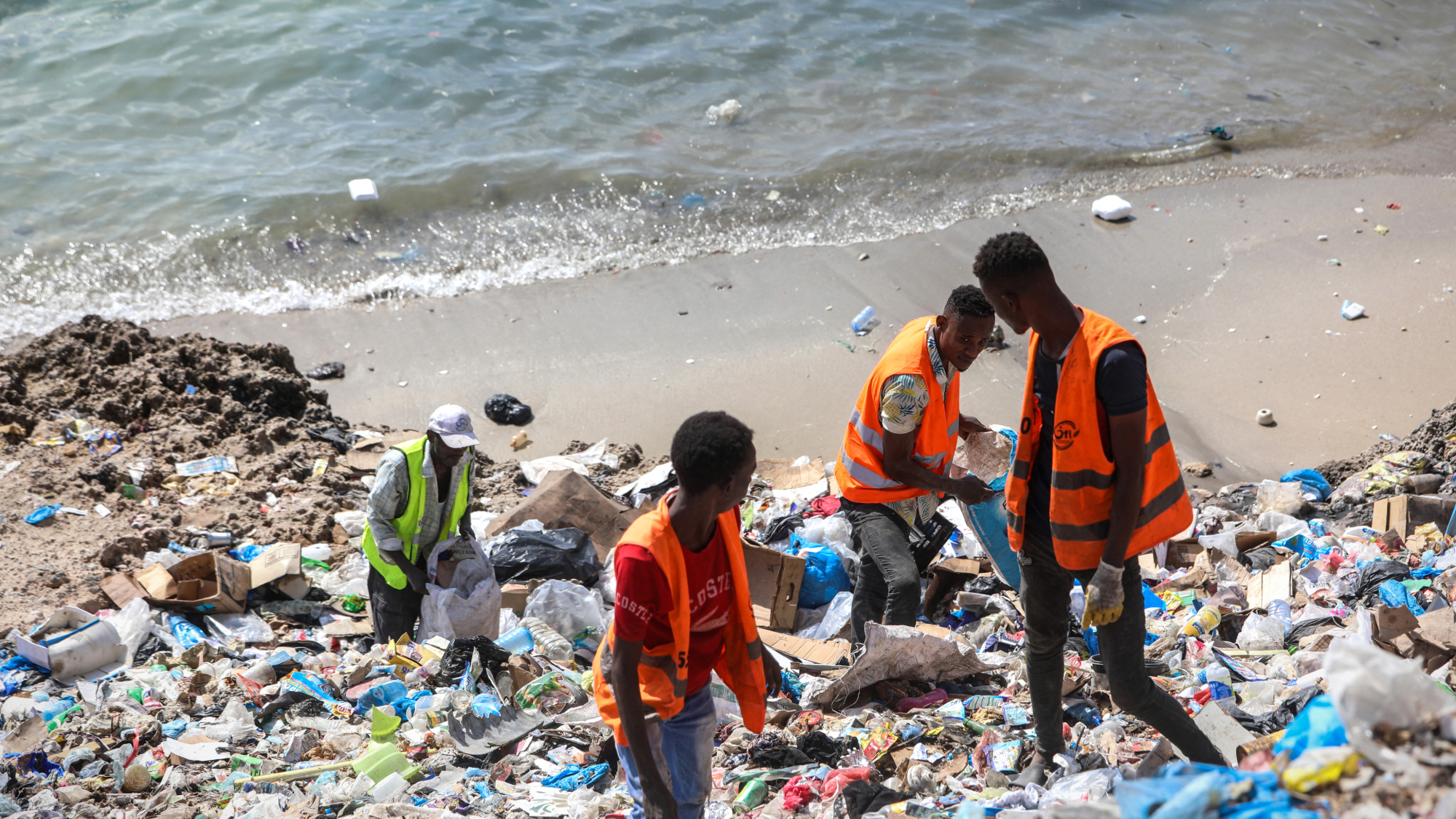 Global plastics summit starts as COP29 ends
Global plastics summit starts as COP29 endsSpeed Read Negotiators gathering in South Korea seek an end to the world's plastic pollution crisis, though Trump's election may muddle the deal
-
 11 looming climate tipping points that imperil our planet
11 looming climate tipping points that imperil our planetIn Depth Several parts of the planet are becoming irreversibly damaged
-
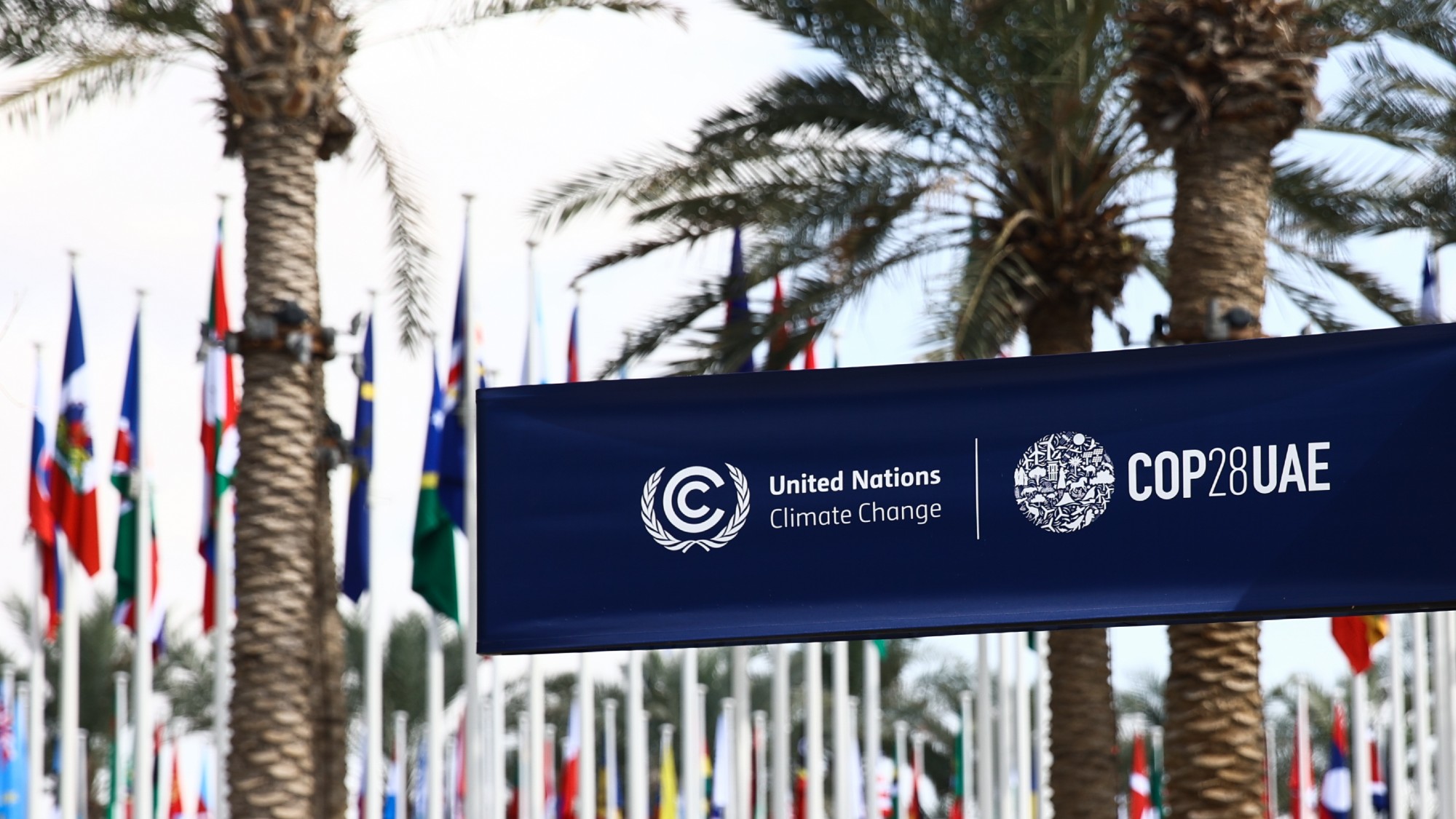 All the takeaways from COP28
All the takeaways from COP28In Depth The annual climate conference fossil-fueled controversy
-
 Phase out vs transition away: difference in Cop28 wording explained
Phase out vs transition away: difference in Cop28 wording explainedThe Explainer Critics say the new agreement does not go far enough in ending fossil fuel use
-
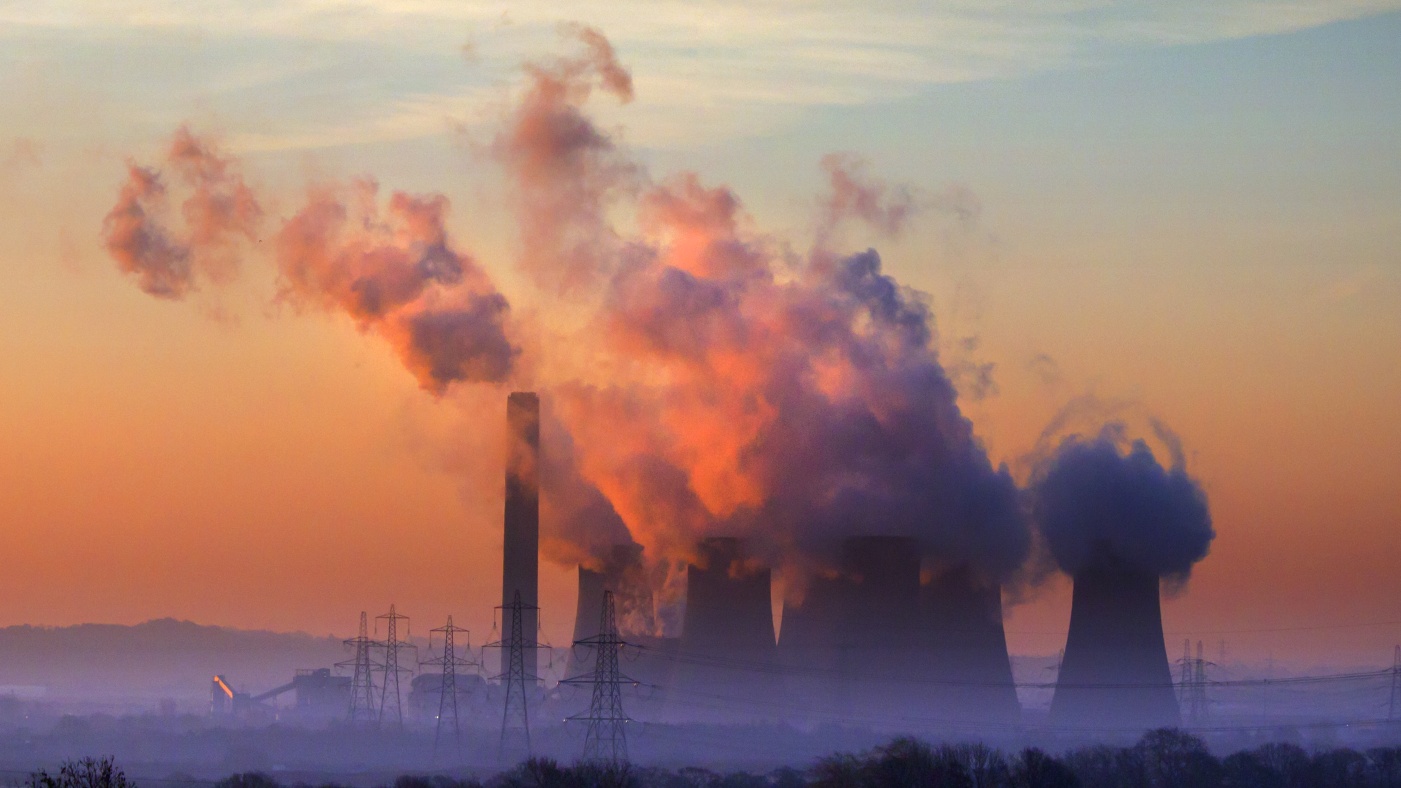 Cop28 and the fight to reach the Paris Agreement climate goals
Cop28 and the fight to reach the Paris Agreement climate goalsThe Explainer Al Gore says fossil fuel industry has 'captured' UN climate talks agenda
-
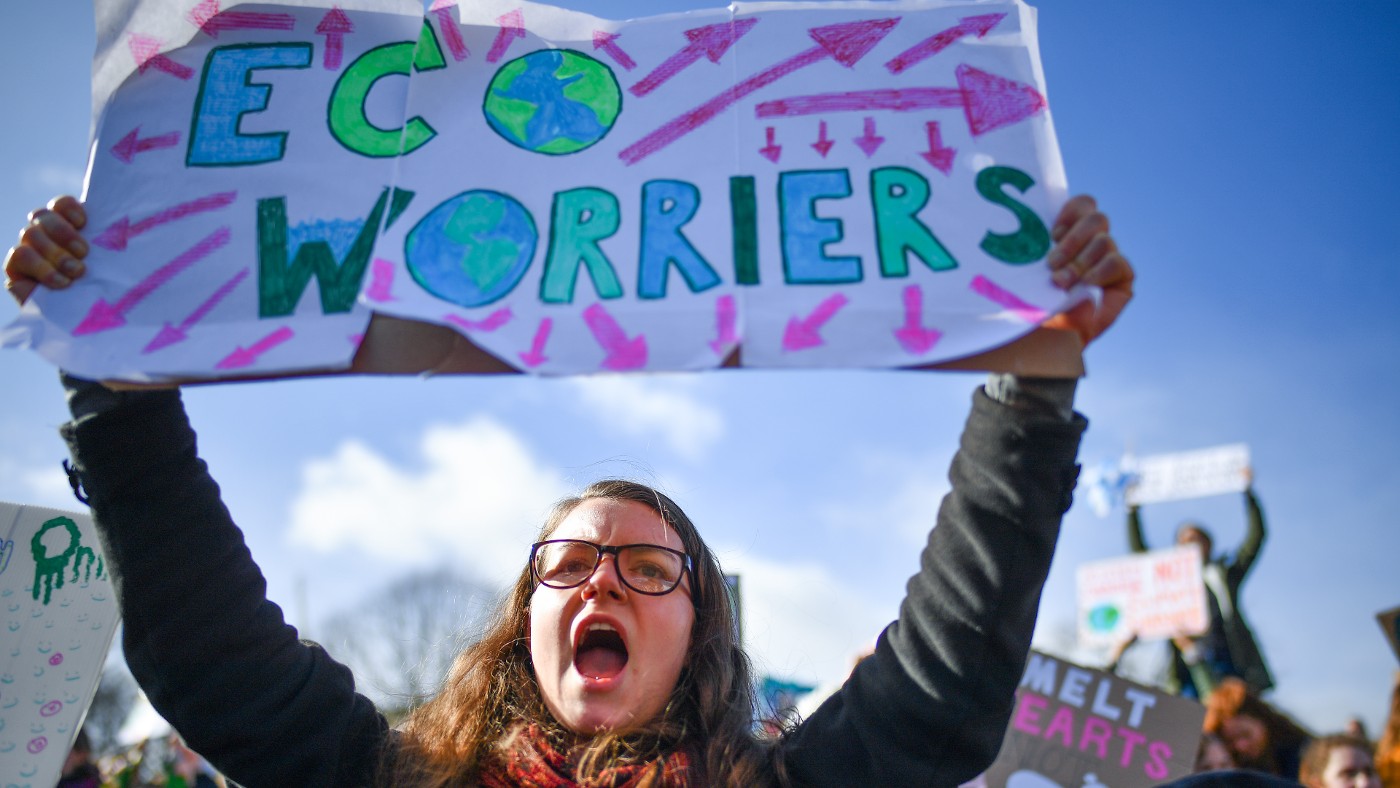 Should we be more positive about tackling climate change?
Should we be more positive about tackling climate change?Today's Big Question Catastrophists urged to bring more ‘hope’ and ‘joy’ to conversations about the environment